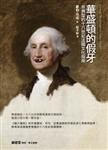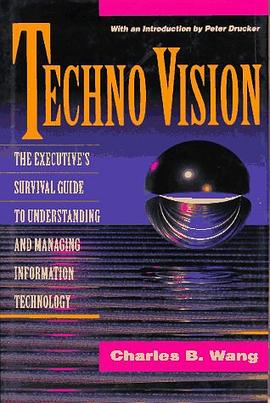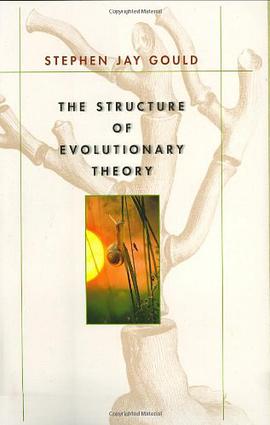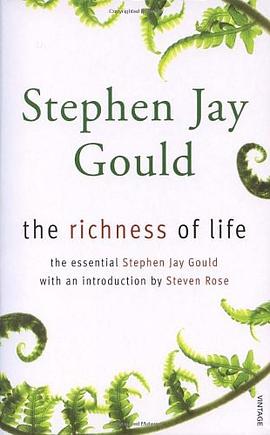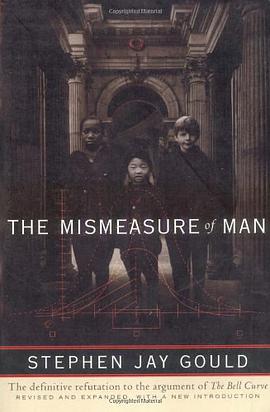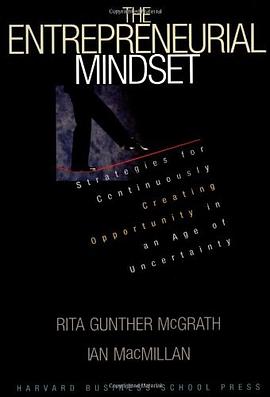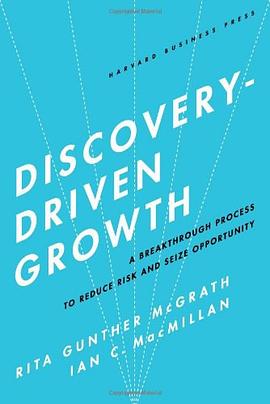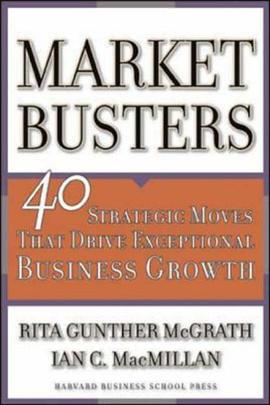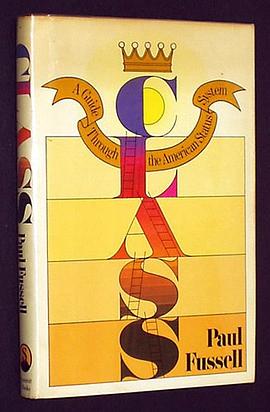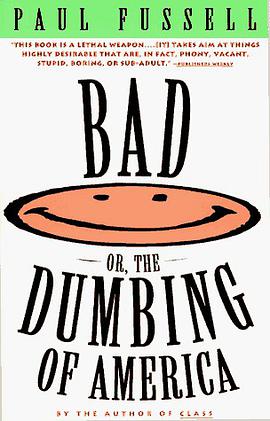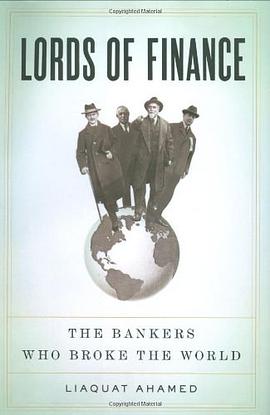Book Description
In Class Paul Fussell explodes the sacred American myth of social equality with eagle-eyed irreverence and iconoclastic wit. This bestselling, superbly researched, exquisitely observed guide to the signs, symbols, and customs of the American class system is always outrageously on the mark as Fussell shows us how our status is revealed by everything we do, say, and own. He describes the houses, objects, artifacts, speech, clothing styles, and intellectual proclivities of American classes from the top to the bottom and everybody -- you'll surely recognize yourself -- in between. Class is guaranteed to amuse and infuriate, whether your class is so high it's out of sight (literally) or you are, alas, a sinking victim of prole drift.
Chapter 1
A Touchy Subject
Although most Americans sense that they live within an extremely complicated system of social classes and suspect that much of what is thought and done here is prompted by considerations of status, the subject has remained murky. And always touchy. You can outrage people today simply by mentioning social class, very much the way, sipping tea among the aspidistras a century ago, you could silence a party by adverting too openly to sex. When, recently, asked what I am writing, I have answered, "A book about social class in America," people tend first to straighten their ties and sneak a glance at their cuffs to see how far fraying has advanced there. Then, a few minutes later, they silently get up and walk away. It is not just that I am feared as a class spy. It is as if I had said, "I am working on a book urging the beating to death of baby whales using the dead bodies of baby seals." Since I have been writing this book I have experienced many times the awful truth of R. H. Tawney's perception, in his book Equality (1931): "The word 'class' is fraught with unpleasing associations, so that to linger upon it is apt to be interpreted as the symptom of a perverted mind and a jaundiced spirit."
Especially in America, where the idea of class is notably embarrassing. In his book Inequality in an Age of Decline (1980), the sociologist Paul Blumberg goes so far as to call it "America's forbidden thought." Indeed, people often blow their tops if the subject is even broached. One woman, asked by a couple of interviewers if she thought there were social classes in this country, answered: "It's the dirtiest thing I've ever heard of!" And a man, asked the same question, got so angry that he blurted out, "Social class should be exterminated!"
Actually, you reveal a great deal about your social class by the amount of annoyance or fury you feel when the subject is brought up. A tendency to get very anxious suggests that you are middle-class and nervous about slipping down a rung or two. On the other hand, upper-class people love the topic to come up: the more attention paid to the matter the better off they seem to be. Proletarians generally don't mind discussions of the subject because they know they can do little to alter their class identity. Thus the whole class matter is likely to seem like a joke to them — the upper classes fatuous in their empty aristocratic pretentiousness, the middles loathsome in their anxious gentility. It is the middle class that is highly class-sensitive, and sometimes class-scared to death. A representative of that class left his mark on a library copy of Russell Lynes's The Tastemakers (1954). Next to a passage patronizing the insecure decorating taste of the middle class and satirically contrasting its artistic behavior to that of some more sophisticated classes, this offended reader scrawled, in large capitals, "BULL SHIT!" A hopelessly middle-class man (not a woman, surely?) if I ever saw one.
If you reveal your class by your outrage at the very topic, you reveal it also by the way you define the thing that's outraging you. At the bottom, people tend to believe that class is defined by the amount of money you have. In the middle, people grant that money has something to do with it, but think education and the kind of work you do almost equally important. Nearer the top, people perceive that taste, values, ideas, style, and behavior are indispensable criteria of class, regardless of money or occupation or education. One woman interviewed by Studs Terkel for Division Street: America (1967) clearly revealed her class as middle both by her uneasiness about the subject's being introduced and by her instinctive recourse to occupation as the essential class criterion. "We have right on this street almost every class," she said. "But I shouldn't say class," she went on, "because we don't live in a nation of classes." Then, the occupational criterion: "But we have janitors living on the street, we have doctors, we have businessmen, CPAs."
Being told that there are no social classes in the place where the interviewee lives is an old experience for sociologists. "'We don't have classes in our town' almost invariably is the first remark recorded by the investigator," reports Leonard Reissman, author of Class in American Life (1959). "Once that has been uttered and is out of the way, the class divisions in the town can be recorded with what seems to be an amazing degree of agreement among the good citizens of the community." The novelist John O'Hara made a whole career out of probing into this touchy subject, to which he was astonishingly sensitive. While still a boy, he was noticing that in the Pennsylvania town where he grew up, "older people do not treat others as equals."
Class distinctions in America are so complicated and subtle that foreign visitors often miss the nuances and sometimes even the existence of a class structure. So powerful is "the fable of equality," as Frances Trollope called it whenshe toured America in 1832, so embarrassed is the government to confront the subject — in the thousands of measurements pouring from its bureaus, social class is not officially recognized — that it's easy for visitors not to notice the way the class system works. A case in point is the experience of Walter Allen, the British novelist and literary critic. Before he came over here to teach at a college in the 1950s, he imagined that "class scarcely existed in America, except, perhaps, as divisions between ethnic groups or successive waves of immigrants." But living awhile in Grand Rapids opened his eyes: there he learned of the snob power of New England and the pliability of the locals to the long-wielded moral and cultural authority of old families.
Some Americans viewed with satisfaction the failure of the 1970s TV series Beacon Hill, a drama of high society modeled on the British Upstairs, Downstairs, comforting themselves with the belief that this venture came to grief because there is noclass system here to sustain interest in it. But they were mistaken. Beacon Hill failed to engage American viewers because it focused on perhaps the least interesting place in the indigenous class structure, the quasi-aristocratic upper class. Such a dramatization might have done better if it had dealt with places where everyone recognizes interesting class collisions occur — the place where the upper-middle class meets the middle and resists its attempted incursions upward, or where the middle class does the same to the classes just below it.
If foreigners often fall for the official propaganda of social equality, the locals tend to know what's what, even if they feel some uneasiness talking about it. When the acute black from the South asserts of an ambitious friend that "Joe can't class with the big folks," we feel in the presence of someone who's attended to actuality. Like the carpenter who says: "I hate to say there are classes, but it's just that people are more comfortable with people of like backgrounds." His grouping of people by "like backgrounds," scientifically uncertain as it may be, is nearly as good a way as any to specify what it is that distinguishes one class from another. If you feel no need to explicate your allusions or in any way explain what you mean, you are probably talking with someone in your class. And that's true whether you're discussing the Rams and the Forty-Niners, RVs, the House (i.e., Christ Church, Oxford), Mama Leone's, the Big Board, "the Vineyard," "Baja," or the Porcellian.
In this book I am going to deal with some of the visible and audible signs of social class, but I will be sticking largely with those that reflect choice. That means that I will not be considering matters of race, or, except now and then, religion or politics. Race is visible, but it is not chosen. Religion and politics, while usually chosen, don't show, except for the occasional front-yard shrine or car bumper sticker. When you look at a person you don't see "Roman Catholic" or "liberal": you see "hand-painted necktie" or "crappy polyester shirt"; you hear parameters or in regards to. In attempting to make sense of indicators like these, I have been guided by perception and feel rather than by any method that could be deemed "scientific," believing with Arthur Marwick, author of Class: Image and Reality (1980), that "class...is too serious a subject to leave to the social scientists."
It should be a serious subject in America especially, because here we lack a convenient system of inherited titles, ranks, and honors, and each generation has to define the hierarchies all over again. The society changes faster than any other on earth, and the American, almost uniquely, can be puzzled about where, in the society, he stands. The things that conferred class in the 1930s — white linen golf knickers, chrome cocktail shakers, vests with white piping — are, to put it mildly, unlikely to do so today. Belonging to a rapidly changing rather than a traditional society, Americans find Knowing Where You Stand harder than do most Europeans. And a yet more pressing matter, Making It, assumes crucial importance here. "How'm I doin'?" Mayor Koch of New York used to bellow, and most of his audience sensed that he was, appropriately, asking the representative American question.
It seems no accident that, as the British philosopher Anthony Quinton says, "The book of etiquette in its modern form...is largely an American product, the great names being Emily Post...and Amy Vanderbilt." The reason is that the United States is preeminently the venue of newcomers, with a special need to place themselves advantageously and to get on briskly. "Some newcomers," says Quinton, "are geographical, that is, immigrants; others are economic, the newly rich; others again chronological, the young." All are faced with the problem inseparable from the operations of a mass society, earning respect. The comic Rodney Dangerfield, complaining that he don't get none, belongs to the same national species as that studied by John Adams, who says, as early as 1805: "The rewards...in this life are esteem and admiration of others — the punishments are neglect and contempt....The desire of the esteem of others is as real a want of nature as hunger — and the neglect and contempt of the world as severe a pain as the gout or stone...." About the same time the Irish poet Thomas Moore, sensing the special predicament Americans were inviting with their egalitarian Constitution, described the citizens of Washington, D.C., as creatures
Born to be slaves, and struggling to be lords.
Thirty years later, in Democracy in America, Alexis de Tocqueville put his finger precisely on the special problem of class aspiration here. "Nowhere," he wrote, "do citizens appear so insignificant as in a democratic nation." Nowhere, consequently, is there more strenuous effort to achieve — earn would probably not be the right word — significance. And still later in the nineteenth century, Walt Whitman, in Democratic Vistas (1871), perceived that in the United States, where the form of government promotes a condition (or at least an illusion) of uniformity among the citizens, one of the unique anxieties is going to be the constant struggle for individual self-respect based upon social approval. That is, where everybody is somebody, nobody is anybody. In a recent Louis Harris poll, "respect from others" is what 76 percent of respondents said they wanted most. Addressing prospective purchasers of a coffee table, an ad writer recently spread before them this most enticing American vision: "Create a rich, warm, sensual allusion to your own good taste that will demand respect and consideration in every setting you care to imagine."
The special hazards attending the class situation in America, where movement appears so fluid and where the prizes seem available to anyone who's lucky, are disappointment, and, following close on that, envy. Because the myth conveys the impression that you can readily earn your way upward, disillusion and bitterness are particularly strong when you find yourself trapped in a class system you've been half persuaded isn't important. When in early middle life some people discover that certain limits have been placed on their capacity to ascend socially by such apparent irrelevancies as heredity, early environment, and the social class of their immediate forebears, they go into something like despair, which, if generally secret, is no less destructive.
De Tocqueville perceived the psychic dangers. "In democratic times," he granted, "enjoyments are more intense than in the ages of aristocracy, and the number of those who partake in them is vastly larger." But, he added, in egalitarian atmospheres "man's hopes and desires are oftener blasted, the soul is more stricken and perturbed, and care itself more keen."
And after blasted hopes, envy. The force of sheer class envy behind vile and even criminal behavior in this country, the result in part of disillusion over the official myth of classlessness, should never be underestimated. The person who, parking his attractive car in a large city, has returned to find his windows smashed and his radio aerial snapped off will understand what I mean. Speaking in West Virginia in 1950, Senator Joseph R. McCarthy used language that leaves little doubt about what he was really getting at — not so much "Communism" as the envied upper-middle and upper classes. "It has not been the less fortunate or members of minority groups who have been selling this nation out," he said, "but rather those who have had all the benefits..., the finest homes, the finest college education...." Pushed far enough, class envy issues in revenge egalitarianism, which the humorist Roger Price, in The Great Roob Revolution (1970), distinguishes from "democracy" thus: "Democracy demands that all of its citizens begin the race even. Egalitarianism insists that they all finish even." Then we get the situation satirized in L. P. Hartley's novelFacial Justice (1960), about "the prejudice against good looks" in a future society somewhat like ours. There, inequalities of appearance are redressed by government plastic surgeons, but the scalpel isn't used to make everyone beautiful — it's used to make everyone plain.
Despite our public embrace of political and judicial equality, in individual perception and understanding — much of which we refrain from publicizing — we arrange things vertically and insist on crucial differences in value. Regardless of what we say about equality, I think everyone at some point comes to feel like the Oscar Wilde who said, "The brotherhood of man is not a mere poet's dream: it is a most depressing and humiliating reality." It's as if in our heart of hearts we don't want agglomerations but distinctions. Analysis and separation we find interesting, synthesis boring.
Although it is disinclined to designate a hierarchy of social classes, the federal government seems to admit that if in law we are all equal, in virtually all other ways we are not. Thus the eighteen grades into which it divides its civil-service employees, from grade 1 at the bottom (messenger, etc.) up through 2 (mail clerk), 5 (secretary), 9 (chemist), to 14 (legal administrator), and finally 16, 17, and 18 (high-level administrators). In the construction business there's a social hierarchy of jobs, with "dirt work," or mere excavation, at the bottom; the making of sewers, roads, and tunnels in the middle; and work on buildings (the taller, the higher) at the top. Those who sell "executive desks" and related office furniture know that they and their clients agree on a rigid "class" hierarchy. Desks made of oak are at the bottom, and those of walnut are next. Then, moving up, mahogany is, if you like, "upper-middle class," until we arrive, finally, at the apex: teak. In the army, at ladies' social/functions, pouring the coffee is the prerogative of the senior officer's wife because, as the ladies all know, coffee outranks tea.
There seems no place where hierarchical status-orderings aren't discoverable. Take musical instruments. In a symphony orchestra the customary ranking of sections recognizes the difficulty and degree of subtlety of various kinds of instruments: strings are on top, woodwinds just below, then brass, and, at the bottom, percussion. On the difficulty scale, the accordion is near the bottom, violin near the top. Another way of assigning something like "social class" to instruments is to consider the prestige of the group in which the instrument is customarily played. As the composer Edward T. Cone says, "If you play a violin, you can play in a string quartet or symphony orchestra, but not in a jazz band and certainly not in a marching band. Among woodwinds, therefore, flute, and oboe, which are primarily symphonic instruments, are 'better' than the clarinet, which can be symphonic, jazz, or band. Among brasses, the French horn ranks highest because it hasn't customarily been used in jazz. Among percussionists, tympani is high for the same reason." And (except for the bassoon) the lower the notes an instrument is designed to produce, in general the lower its class, bass instruments being generally easier to play. Thus a sousaphone is lower than a trumpet, a bass viol lower than a viola, etc. If you hear "My boy's taking lessons on the trombone," your smile will be a little harder to control than if you hear "My boy's taking lessons on the flute." On the other hand, to hear "My boy's taking lessons on the viola da gamba" is to receive a powerful signal of class, the kind attaching to antiquarianism and museum, gallery, or "educational" work. Guitars (except when played in "classical" — that is, archaic — style) are low by nature, and that is why they were so often employed as tools of intentional class degradation by young people in the 1960s and '70s. The guitar was the perfect instrument for the purpose of signaling these young people's flight from the upper-middle and middle classes, associated as it is with Gypsies, cowhands, and other personnel without inherited or often even earned money and without fixed residence.
The former Socialist and editor of the Partisan Review William Barrett, looking back thirty years, concludes that "the Classless Society looks more and more like a Utopian illusion. The socialist countries develop a class structure of their own," although there, he points out, the classes are very largely based on bureaucratic toadying. "Since we are bound...to have classes in any case, why not have them in the more organic, heterogeneous and variegated fashion" indigenous to the West? And since we have them, why not know as much as we can about them? The subject may be touchy, but it need not be murky forever.
Copyright © 1983 by Paul Fussell
Product Details
ISBN:
9780671792251
Subtitle:
A Guide Through the American Status System
Author:
Fussell, Paul
Author:
Fussell, Paul
Publisher:
Touchstone Books
Location:
New York :
Subject:
Sociology
Subject:
Social conditions
Subject:
Sociology, anthropology and archaeology
Subject:
Sociology - General
Subject:
Social status -- United States.
Subject:
General
Subject:
Poverty
Subject:
Social status
Subject:
Social classes
Subject:
General Social Science
Copyright:
1992
Edition Number:
1st Touchstone ed.
Edition Description:
B102
Publication Date:
October 1992
Binding:
Paperback
Language:
English
Illustrations:
Yes
Pages:
208
Dimensions:
846x554x57 48

